Internships
Learn more about interning at the Maryknoll Office for Global Concerns.
Learn more about interning at the Maryknoll Office for Global Concerns.
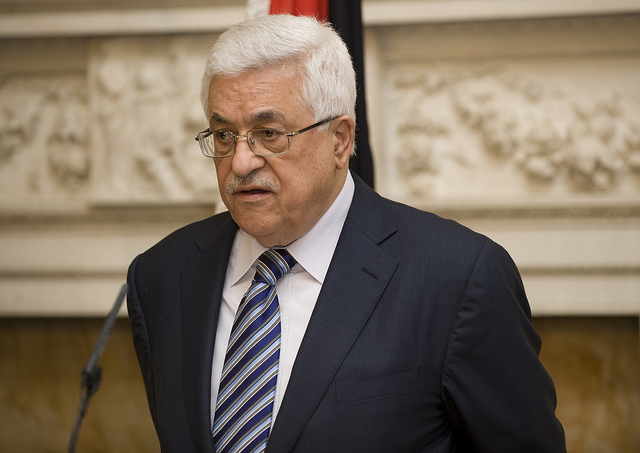
The Palestinian Authority’s attempt for a UN resolution on a peace agreement fails, but it signs onto the International Criminal Court.
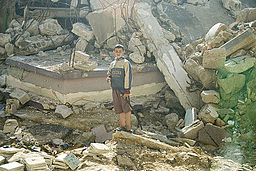
The following letter was sent on December 15, 2014 to Secretary of State John Kerry and USAID administrator Dr. Rajiv Shah.

Maryknoll recognizes the great importance of the publication of the executive summary of the Senate Intelligence Committee’s report on the use of torture, which details terrible acts of horrific brutality.
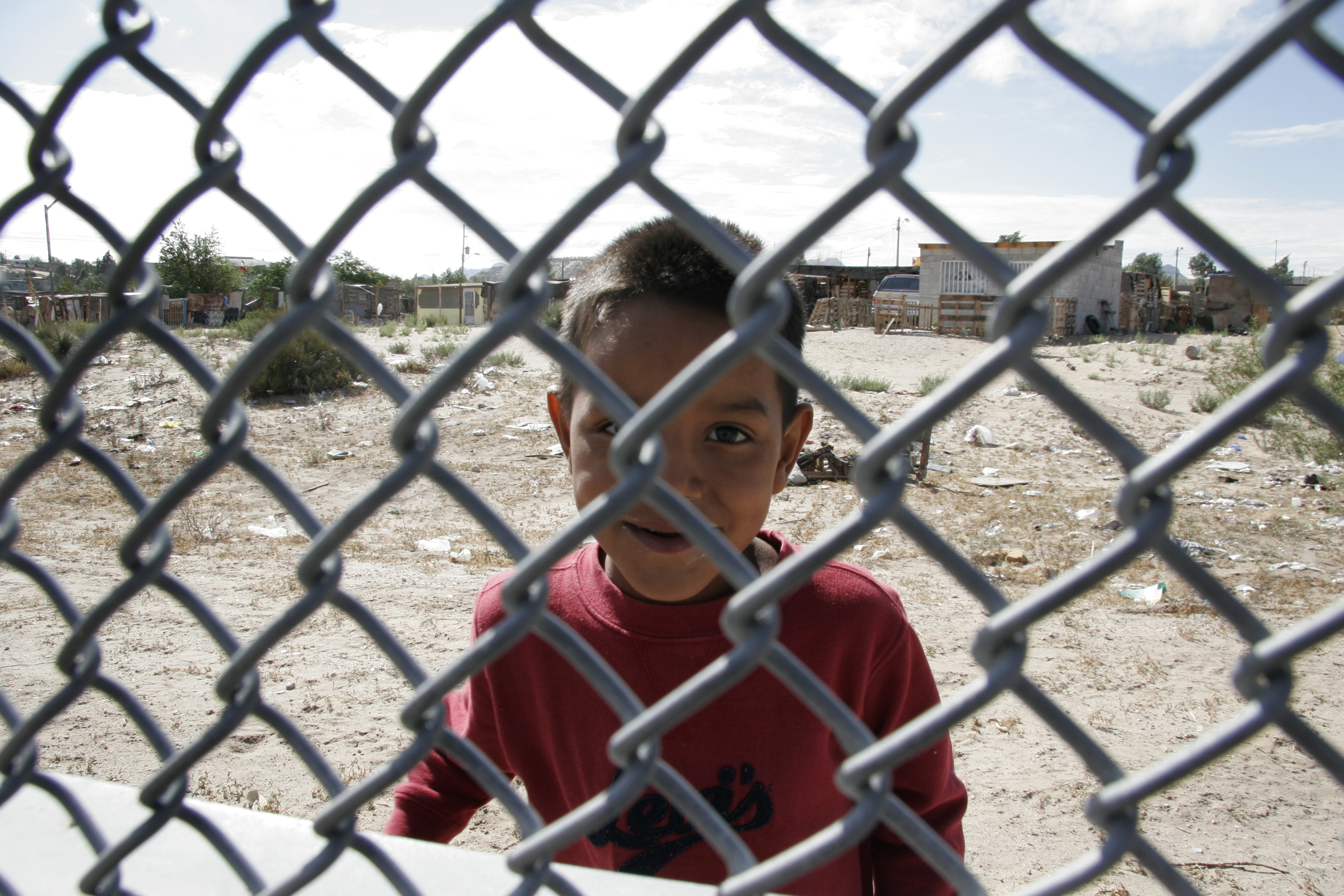
The Maryknoll Office for Global Concerns congratulates President Obama for his Nov. 20 announcement to take executive action to provide protection from deportation for possibly five million undocumented persons.

The Maryknoll Office for Global Concerns commends the administration’s $3 billion contribution to the Green Climate Fund. This fund has the potential to finance important adaptation and mitigation projects to transform the lives of the poorest and most vulnerable communities to climate change in developing countries and to protect God’s creation.
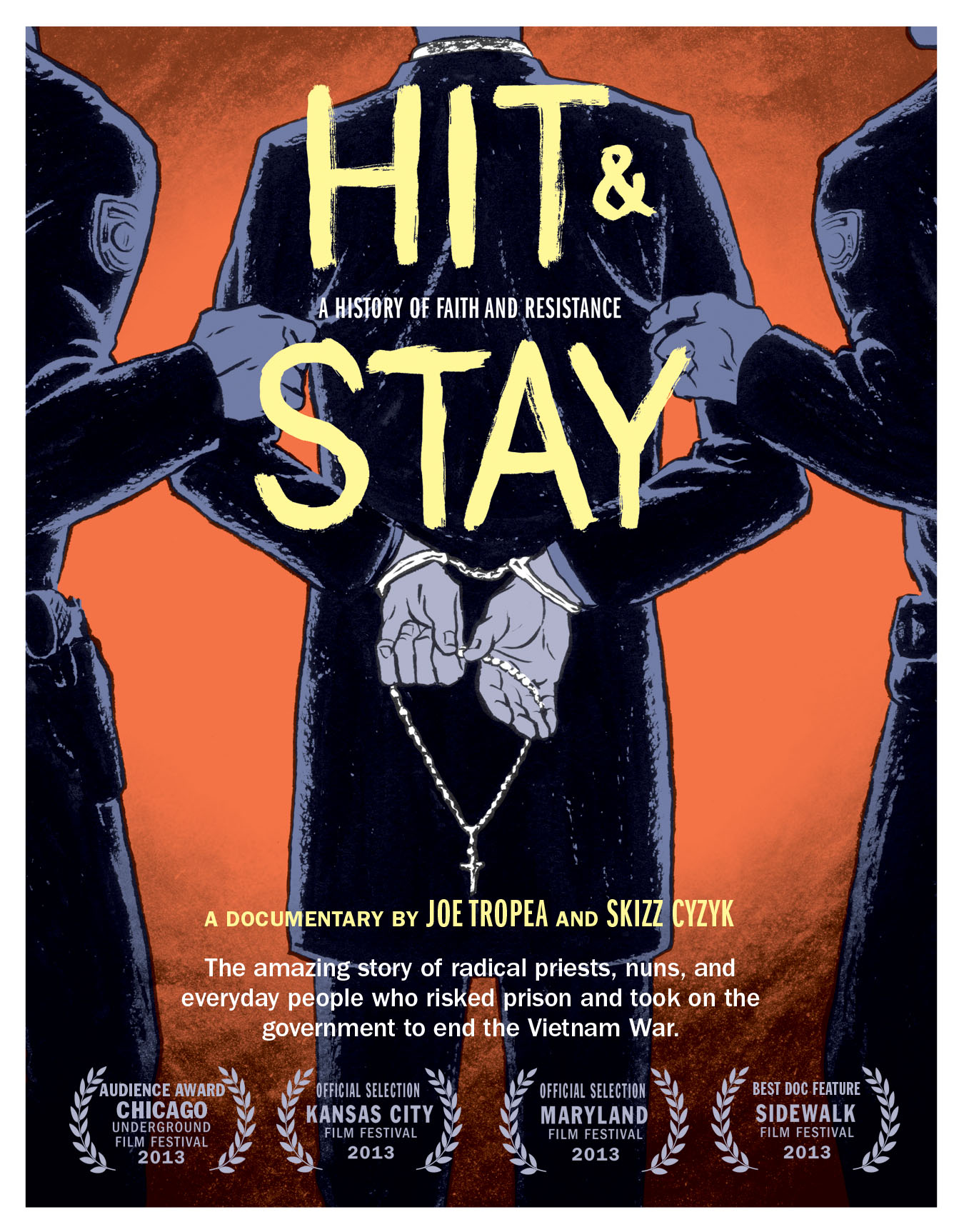
Resources from the November-December 2014 NewsNotes.
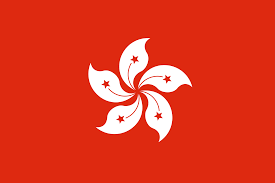
Over a month after they started their pro-democracy street occupations on September 28, the most surprising thing about the “umbrella movement” campaigners in Hong Kong is that they are still there.
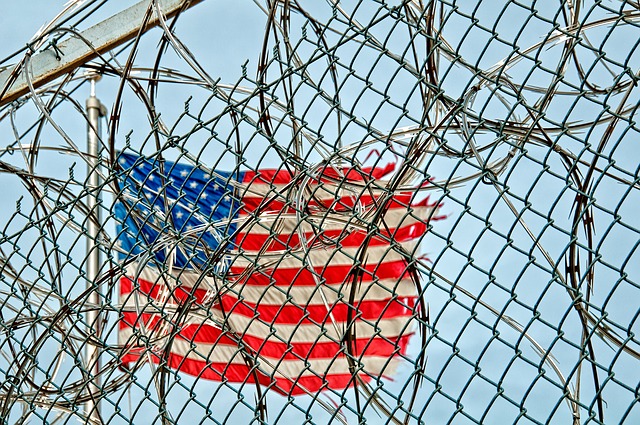
The following is an excerpt from a letter sent in October to Congressional leaders as they work on the Fiscal Year 2015 State and Foreign Operations bills; it was signed by 52 faith-based, humanitarian, labor, and human rights organizations including the Maryknoll Office for Global Concerns (MOGC).
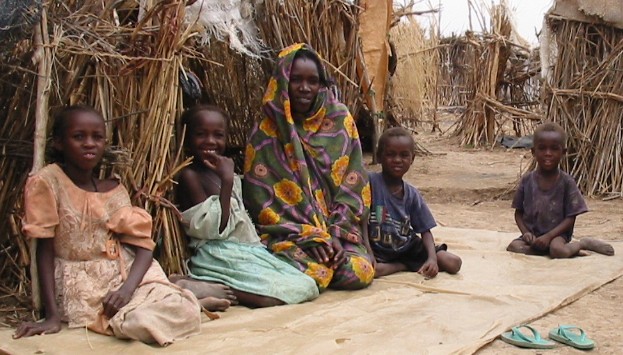
The Darfur Women Action Group held its third annual symposium in Washington, D.C. on October 25-26.

The Pan African Network on Nonviolence and Peacebuilding has issued this statement which connects the spread of the Ebola virus with the potential for increased violence and conflict in countries most affected.

Two policy proposals offer an excellent opportunity to unite labor and environment to achieve important changes that will be essential to both worker security and environmental sustainability in the future.
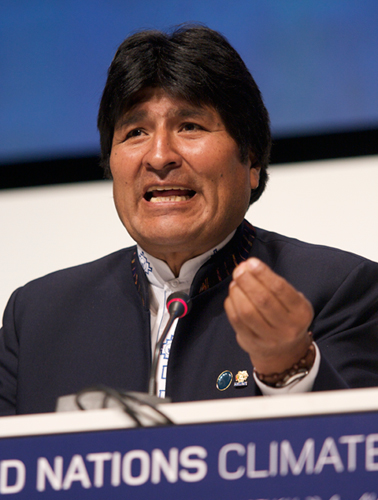
Recent Bolivian presidential and legislative elections showed the consolidation of the political power of the charismatic indigenous leader Evo Morales and his Movimiento a socialismo (Movement to Socialism, MAS) party in electing him to serve an unprecedented third term with a resounding 61 percent of the popular vote.
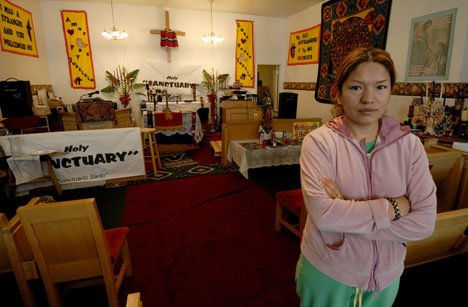
That there is an immigration crisis in this country with great humanitarian concerns is widely acknowledged; the question remains how to address this complicated legal, political and community issue.
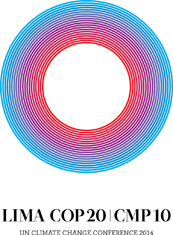
As the effects of climate change become more pronounced, the eyes of the world are on international negotiators as they prepare for the 20th Conference of Parties (COP20) of the United Nations Framework Convention on Climate Change (UNFCCC) to be held in Lima, Peru in early December.
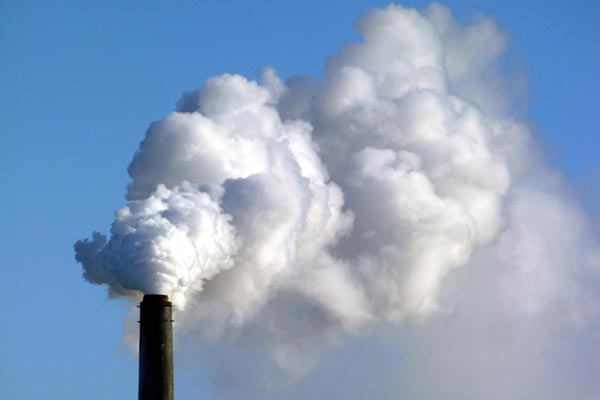
Activists, scientists and concerned citizens around the world are calling on their governments to act decisively to prevent disastrous climate change.
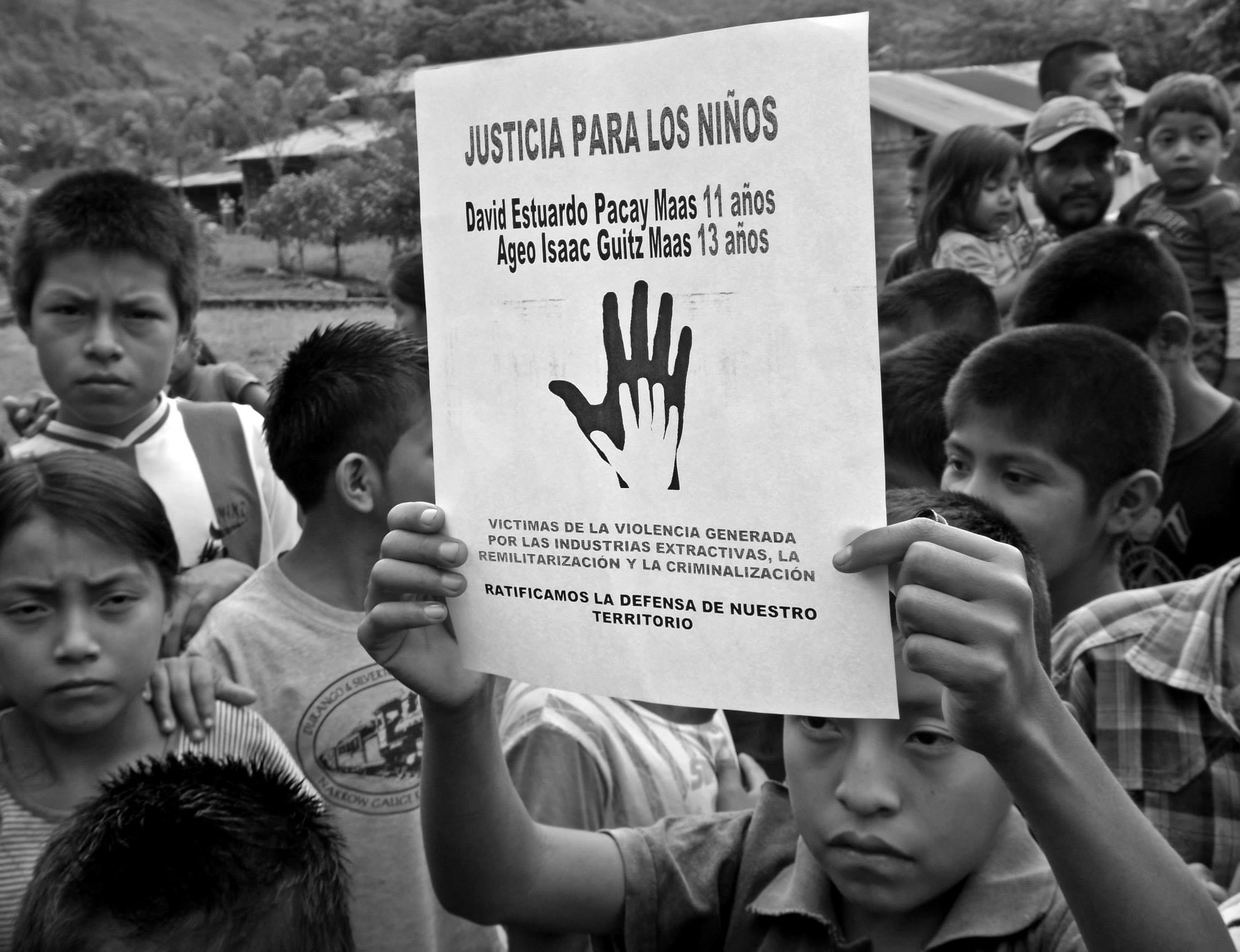
The International Finance Corporation (IFC), the private lending arm of the World Bank, is the largest department of the five World Bank entities. In recent years, due to pressure from civil society, and in some cases from private industry, the IFC developed performance standards related to social and environmental sustainability to manage environmental and social risks. The practical performance of these standards falls short.

According to a report crafted by the Washington Office on Latin America (WOLA) and the Jesuit Conference of the United States, the recent drop in the number of migrants from Central America trying to enter the U.S. through the southern border can be attributed to the policies being implemented by the Mexican and Central American governments at the behest of, and with funding from, the U.S. government.